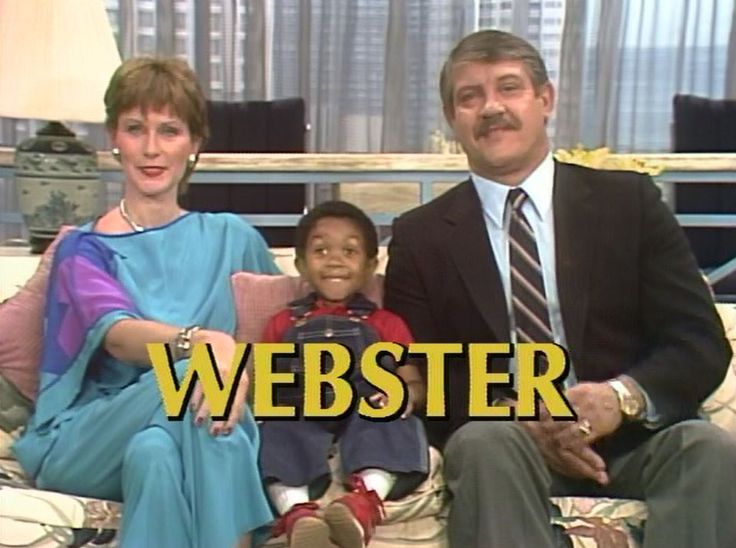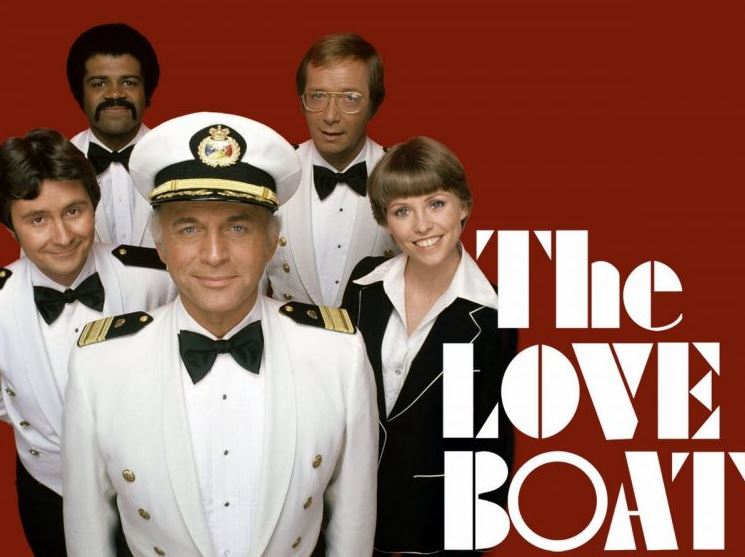In the mid-1970s, a television phenomenon emerged that would not only captivate audiences but also redefine gender roles in the world of crime-fighting and entertainment. "Charlie's Angels," which aired from 1976 to 1981, was a groundbreaking television series that empowered women in the traditionally male-dominated field of detective work. This article explores the cultural significance and enduring impact of this iconic series, shedding light on its characters, themes, and legacy.
(Watch the video below)

The Genesis of a Phenomenon

"Charlie's Angels" was the brainchild of prolific television producer Aaron Spelling. At the time, Spelling was already known for his successful series, including "The Mod Squad" and "Starsky & Hutch." However, he was eager to develop a show that would appeal to a broader audience and offer something fresh and exciting.
The concept for "Charlie's Angels" was inspired by a combination of factors. Spelling drew inspiration from a series of films featuring female detectives and private investigators, such as "The Girl from U.N.C.L.E." and "Bunny O'Hare." He also recognized the cultural shift in the 1970s towards women seeking greater independence and opportunity in all aspects of life.
Spelling envisioned a show that would capture this changing zeitgeist by presenting strong, independent, and stylish women as the central characters. The result was a groundbreaking series that celebrated female empowerment and challenged traditional gender roles.
The Angels: Unforgettable Characters

Jill Munroe (Farrah Fawcett)
The casting of "Charlie's Angels" played a crucial role in its success, and it all began with Farrah Fawcett as Jill Munroe. Fawcett's portrayal of Jill, the athletic and confident Angel, catapulted her to stardom. Her iconic feathered hairstyle, often imitated, became synonymous with the show itself. Fawcett's undeniable charisma and screen presence set the tone for the series.
Sabrina Duncan (Kate Jackson)
Kate Jackson took on the role of Sabrina Duncan, the intellectual and analytical Angel. Sabrina's calm and collected demeanor made her the perfect foil to the more adventurous Jill and Kelly. Jackson's portrayal added depth to the trio, and her character's intelligence was an essential aspect of the show's appeal.

Kelly Garrett (Jaclyn Smith)
Jaclyn Smith, as Kelly Garrett, rounded out the original trio of Angels. Kelly was the athletic and resourceful member of the team, known for her physical prowess and strong-willed personality. Smith's performance provided a vital balance to the group, ensuring that each Angel brought a unique set of skills to the table.
Charlie (Voice of John Forsythe)
Although Charlie was never seen on screen, his presence was felt throughout the series. John Forsythe's distinctive voice brought the enigmatic and unseen leader of the Angels to life. Charlie was portrayed as a mysterious figure who remained behind the scenes, guiding the Angels on their missions with unwavering trust.

Bosley (David Doyle)
David Doyle played John Bosley, Charlie's loyal and affable assistant. Bosley served as the intermediary between Charlie and the Angels, providing them with mission details and logistical support. His endearing character added humor and a human touch to the show, often finding himself in amusing situations.
The Formula: Action, Glamour, and Empowerment

"Charlie's Angels" was built on a simple yet effective formula: each episode featured the Angels embarking on a new crime-solving adventure. These missions often involved investigating complex cases, infiltrating criminal organizations, and bringing wrongdoers to justice. The show's episodic nature made it accessible to new viewers while allowing for a wide variety of storylines.
One of the show's signature elements was its emphasis on style and glamour. The Angels were not just skilled detectives; they were fashion icons. Their wardrobe, designed by Nolan Miller, featured an array of trendy outfits that reflected the fashion sensibilities of the late 1970s. The show's fashion influence extended to viewers, sparking trends and inspiring women to embrace their own sense of style and confidence.

At its core, "Charlie's Angels" was a trailblazing show for female empowerment. It presented a trio of women who were not only capable of solving crimes but excelled in traditionally male-dominated fields. The Angels showcased intelligence, physical prowess, and determination, challenging gender stereotypes and inspiring women to pursue careers and opportunities previously deemed off-limits.
Cultural Impact and Controversy

From its debut in 1976, "Charlie's Angels" was an instant hit. Audiences were captivated by the blend of action, glamour, and empowerment. The show consistently ranked among the top programs in the Nielsen ratings, and its cultural impact extended beyond the small screen.
Despite its popularity, "Charlie's Angels" faced criticism and controversy during its run. Some feminist groups viewed the show as exploitative, arguing that it objectified women by focusing on their physical appearance and fashion choices. Additionally, the portrayal of the Angels as glamorous crime fighters, often in skimpy outfits, raised questions about the show's message regarding female empowerment.

In response to these criticisms, the show's creators and cast defended "Charlie's Angels" by emphasizing the characters' intelligence and competence. They argued that the Angels were not simply eye candy but capable professionals who excelled in their field.
The End of an Era

Over the years, "Charlie's Angels" experienced cast changes, with Cheryl Ladd joining the show as Kris Munroe, Jill's younger sister, and Shelley Hack and Tanya Roberts taking on roles as Angels in later seasons. Despite these changes, the show continued to attract viewers and maintain its popularity.
The success of "Charlie's Angels" also led to spin-off projects, including a series of made-for-TV movies and a short-lived animated series.

"Charlie's Angels" concluded its original run in 1981 after five successful seasons. The decision to end the series was driven by several factors, including declining ratings and contract disputes with the lead actresses. The finale, titled "Let Our Angel Live," marked the end of an era for the beloved show.
The Lasting Legacy of "Charlie's Angels"

The legacy of "Charlie's Angels" endures to this day. The show paved the way for female-led action and detective series and inspired a generation of women to pursue careers in law enforcement, private investigation, and other traditionally male-dominated fields. It showed that women could be strong, smart, and fashionable all at once.
"Charlie's Angels" has been referenced and parodied in countless films, TV shows, and commercials. Its impact on popular culture is undeniable, and the Angels themselves remain iconic figures in the world of television.

The enduring popularity of "Charlie's Angels" has led to various attempts to revive the franchise. There have been feature films, including a 2000 reboot and a 2019 iteration, as well as attempts to develop new TV series. While not all of these efforts have achieved the same level of success as the original, they demonstrate the enduring appeal of the concept.
Conclusion
"Charlie's Angels" (1976–1981) was a groundbreaking television series that left an indelible mark on American pop culture. It challenged traditional gender roles, celebrated female empowerment, and inspired generations of women to pursue their dreams. The characters of Jill, Sabrina, Kelly, and Bosley became cultural icons, and the show's unique blend of action, glamour, and intelligence set it apart.
As we reflect on the legacy of "Charlie's Angels," we recognize that it was not just a TV show but a cultural phenomenon that captured the spirit of its time. Its influence continues to be felt in the representation of women in media and in the enduring fascination with strong, independent female characters. "Charlie's Angels" remains a testament to the power of television to shape and reflect the aspirations of society, and it will always be remembered as a trailblazer in the world of entertainment.



